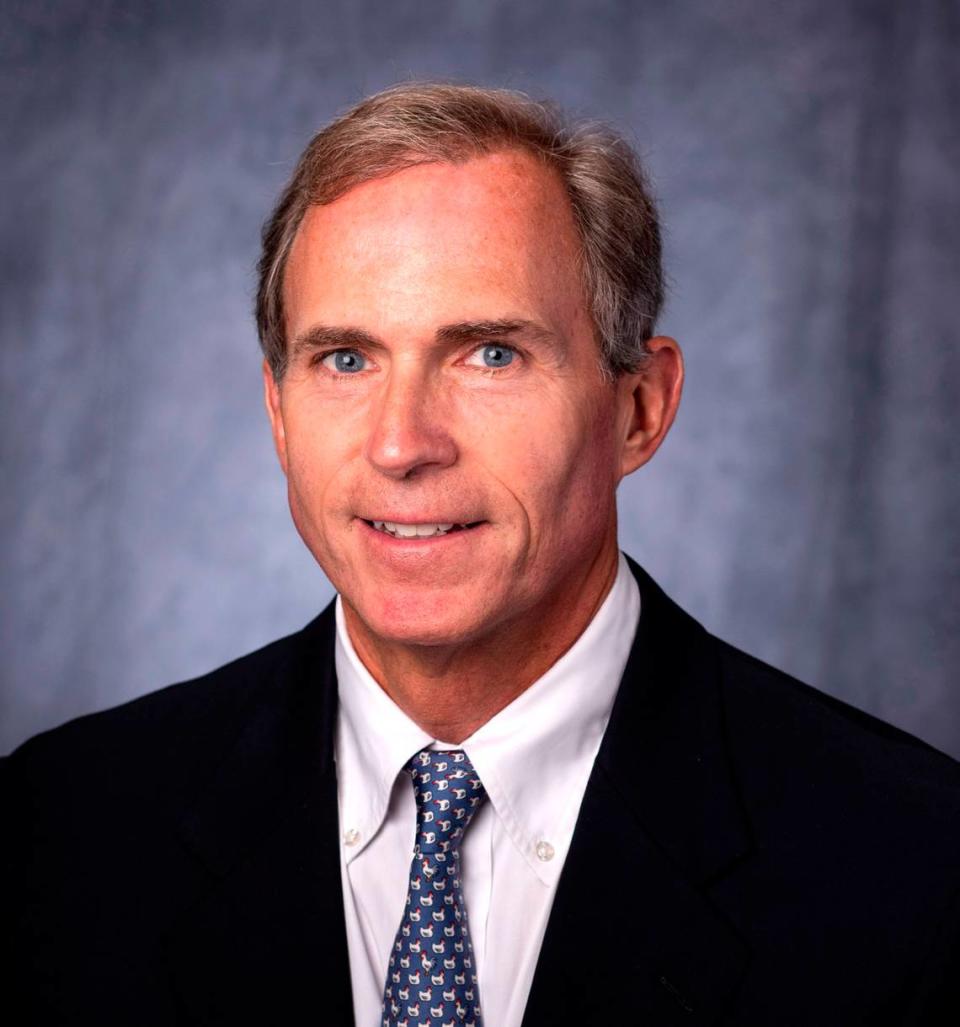UNC Trustees: Let’s set the record straight on the new school at Chapel Hill
The overwrought reactions in some quarters to plans for a School of Civic Life and Leadership at the University of North Carolina at Chapel Hill show why it’s so badly needed.
Some history is in order: The idea of a UNC-CH curriculum in civic virtues and civil discourse has been under development since Barack Obama was president. The framework for a new school (or a new curriculum within an existing school) is a natural outgrowth of the university’s Program for Public Discourse, founded four years ago. It also builds on the university’s IDEAs in Action program, which strengthens students’ ability to think critically, work collaboratively and communicate persuasively.
In fact, the UNC faculty has already approved the development of an academic program stemming from the Program for Public Discourse. But the idea was shelved — until now. Our board openly discussed the need to advance it at our public retreat in November. The administration has been working on a state budget request to fund additional faculty positions. Only those who have not been paying attention could be “flabbergasted” by the new initiative.
As with any curriculum, the administration and faculty would devise the new school’s courses. Our board has not dictated what to teach or whom to hire. We simply said: Get going — the need is urgent.


Those who maintain that the university already provides an environment of collegial debate and tolerance of varying viewpoints ignore recent research showing that more than half of Carolina’s conservative students and one in five centrist students censor themselves in political discussions.
Improving the campus culture to invite more robust and respectful debate on controversies of the day is firmly in keeping with the university’s longstanding tradition of applying its motto, “Light and liberty.” Perhaps those obsessing over process and prerogatives prefer to avoid addressing the endeavor’s need and purpose. Our united focus should be on serving our students better, period.
Some seem to think the only proper roles of university trustees are to help raise money and to hand out awards. That’s wrong. By law, we are charged with helping to set policy, advising the administration, and approving the university’s budget. The university belongs not to the faculty nor the administration, but to North Carolina’s almost 11 million people, whom our board was appointed to represent in overseeing America’s oldest public university.
The real tragedy is that many Americans have lost faith in our vital institutions of higher education. We take this problem seriously, and have chosen action over excuses. We believe public universities have a distinct mission to prepare young people not just for the demands of the workplace, but also for the responsibilities of citizenship. And we believe trustees of public universities have a special obligation to serve the public good.
That’s why we have asked our university’s administrators to accelerate the creation of the new school. Its mission would be to develop students’ capacity and knowledge necessary for healthy democratic citizenship. The school would promote a culture of free speech and open and civil inquiry in which we recognize members of divergent political groups as friends to learn from instead of as foes to vanquish.
UNC has a world-class facility steeped in a tradition of intellectual debate. Our intent is for the university to recruit additional faculty to bring new perspectives, fresh approaches — not to subtract voices, but to add them.
The school’s curriculum should enable our diverse student body to develop democratic competencies and key virtues such as intellectual humility, curiosity, charity and self-reflection as they seek the truth about the fundamental questions of social and political life, economics, ethics, religion and aesthetics. Students would develop capacities for deliberation and debate as they accommodate varying viewpoints in their studies and conversations.
A recovery of the civic purpose of universities might be the path to earning back the broad trust of the people we serve. We think it should begin with our great public universities, starting in Chapel Hill.
David L. Boliek Jr. is Chair and John P. Preyer is Vice Chair of the Board of Trustees of the University of North Carolina-Chapel Hill.

